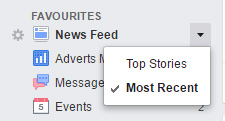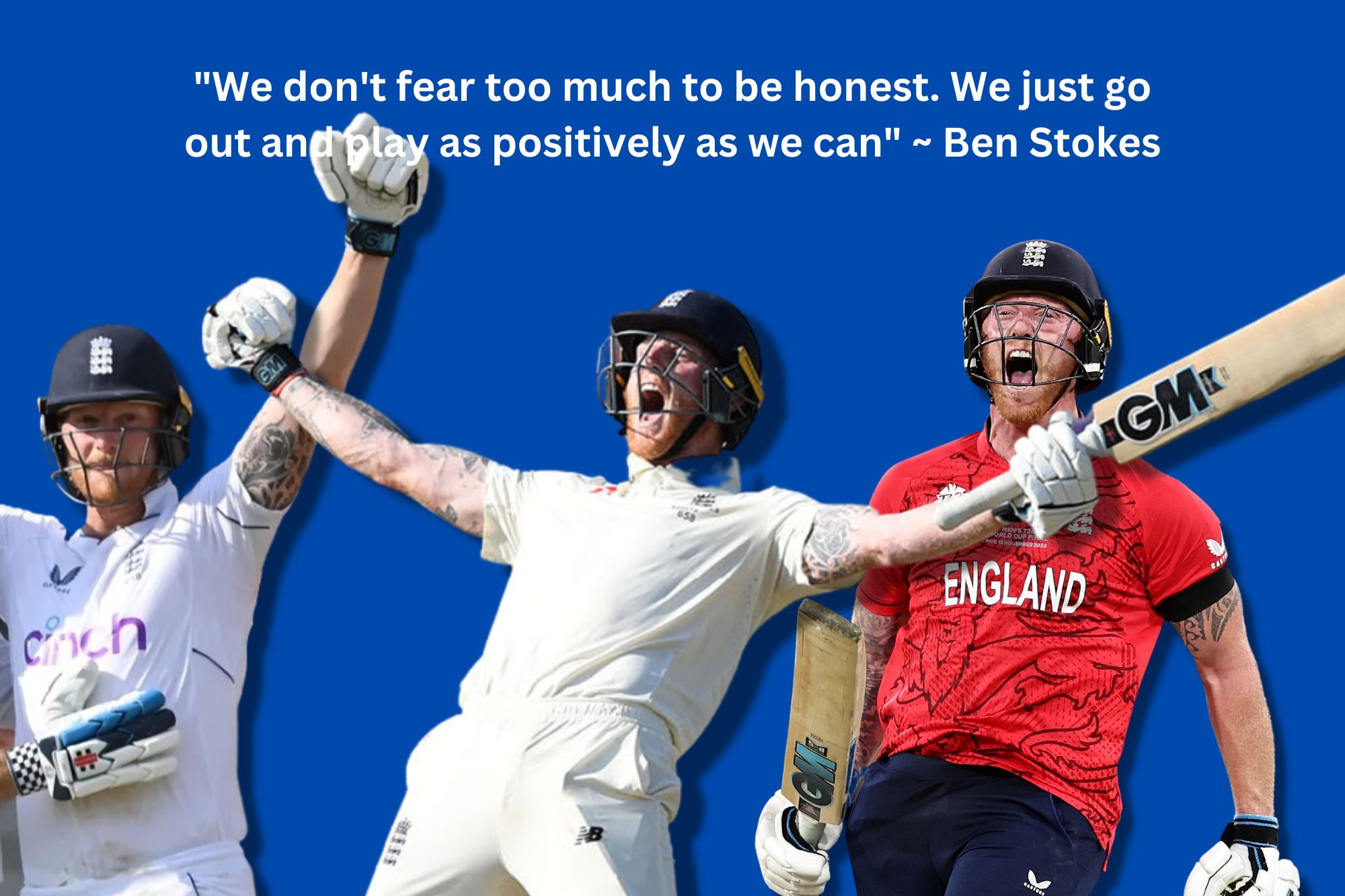
As a former teacher said to me once – There are those who do, and those who watch. I remember when social media burst upon the scene, well, not so much burst, as crept into our lives, only to now (almost) take over, there were those who scorned the Twitter, the LinkedIN, the Facebook and all those that have come since. And there were those who jumped in early, while others became hooked later on.
Those who decided to watch, chose not to start accounts, not to spend countless hours thumb-flicking through the ever lengthening news feeds, nor posting sunsets, their lunch or a selfie. And they felt strangely superior, in a strangely superior kinda way. They probably were ‘of a certain age’, or disposition or just felt busy enough as they were. Perhaps they were a bit conservative and a bit tech-unsavvy. Either way, they hung back.
The rest of us slowly warmed up to social media, and found new friends, re-engaged with former colleagues and school mates, and became amazed at the information that could be shared, instantly, within almost anyone, anytime. We were never bored again!
Slowly more and more of us were on it, for an hour here, and hour there, and then increasingly most of our spare waking moments. We found ways to use it in business, and we settled on an equilibrium of our favourite social media platforms, and ways of using it. We became annoyed at the self-promoting wannabees, who would clutter our newsfeed with their humble bragging or pushy salesy ways. Some of this would make us unfriend them or leave a group they were in.
All along, these social media sites were learning more and more about us: not only who our friends were, but what we clicked on, liked, commented on and pages we visited. Slowly, it began to give us information it had learned we liked. They knew how to drag us back, keep us engaged, clicking and liking. They sold this information to advertisers who could target us individually, and as a group.
In the meantime, something happened to our feed. It got personal. We all have a feed specific to us, specific to what we had done before. We were (literally) fed what we know we liked – be it news, sports, entertainment, whatever.
About 17% of your total feed is fed to you. The rest is invisible, unless you do something quite simple – tell your newsfeed to give you the ‘Most Recent’ news, not just what Facebook believes are the ‘Top Stories’. Remember, your feed is what you see, not what anyone else sees. You are (actually) in control.
 Unless you like this Facebook-decided feed bubble, switch to the ‘most recent’ news feed. At the top left of your Facebook HOME page (or news feed) is a simple pull down, ‘News Feed’. Click the pull down option triangle thing to the right and choose ‘Most Recent’. You’ll now get all the latest news from your friends and pages you’ve liked, not just what Facebook has decided. It will make your news feed look ‘more full’ as it will include everything in chronological order (which is what it originally was designed to do, and did.)
Unless you like this Facebook-decided feed bubble, switch to the ‘most recent’ news feed. At the top left of your Facebook HOME page (or news feed) is a simple pull down, ‘News Feed’. Click the pull down option triangle thing to the right and choose ‘Most Recent’. You’ll now get all the latest news from your friends and pages you’ve liked, not just what Facebook has decided. It will make your news feed look ‘more full’ as it will include everything in chronological order (which is what it originally was designed to do, and did.)
As you can see from the graphic above, there is also a little wheel graphic to the left. Click this and then ‘Edit your Preferences’ and you can tailor exactly what you see in your feed. You can decide to see only what your friends post (not friends of friends, or even the pages you’ve liked), unfollow friends who will still remain connected to you but you won’t see all their stuff in the feed, you can reconnect with people you’ve unfollowed and find some pages that might interest you.
Furthermore, go up to your privacy settings (top blue bar, the icon which looks like a padlock) and there is a whole array of things you can lock down or open up. Have you ever looked in this area?
Most people have no clue on how to tweak these settings, and are left with the default. Or they may have made a change years ago and forgotten it.
So what, I hear you scream?
Well, as Google started giving us customised search results years ago, and Facebook is also giving you a sample of your information, and both are eating the internet (swallowing up the lion’s share of viewing time and ad dollars), so we are being given a version of the world these 2 companies believe we want to see.
We’re actually living in our own bubble. We are discovering less and less new information. We are learning less. We are being (quite literally) dumbed down. Surprising new information is less common.
An excellent BBC ‘Seriously’ podcast analysed this recently (it’s well worth a listen). Is it partially to blame for the tribal politics we now live in? No one listens to the other side anymore, there is no debate, only point scoring and name calling. Even if the facts are on your side, we get Brexit and Trump. We are gathering facts we are already programmed to agree with. We don’t think beyond the headline. We are post facts. It’s all about feelings.
So, let’s break away from the same old same old. Update your newsfeed to ‘most recent’. Secure the privacy settings you want, not that which is given. Go out of your way to understand alternative view points. Become more rounded, not a greyed out facsimile of your good self.
With social media now becoming part of the traditional media landscape (it’s where most people get their news), then this is more important than ever. The role of the traditional media is to reach out and explain the issues, and delve into detail. Mobile and social media can be platform to distribute the more rounded view, to keep a sense of perspective, to pique intellectual curiosity, and to protect the citizens from making uncivilised decisions. Or is it too late?




Thanks Charlie, have thinking about this lately. Cheers!